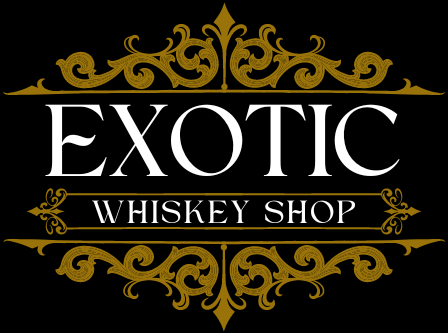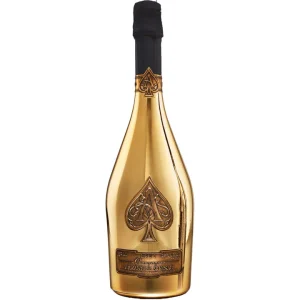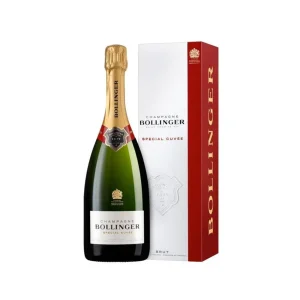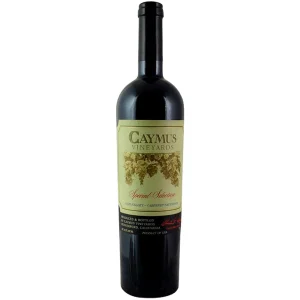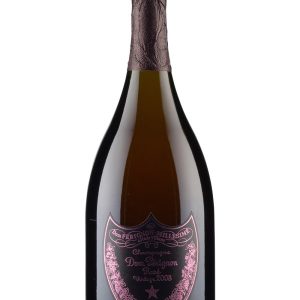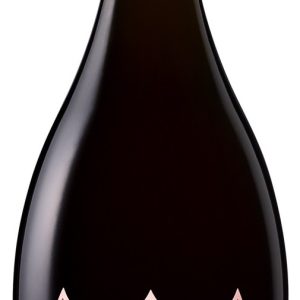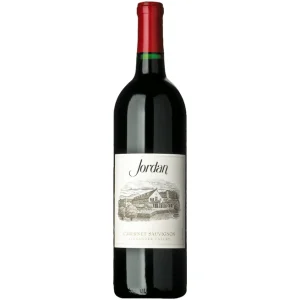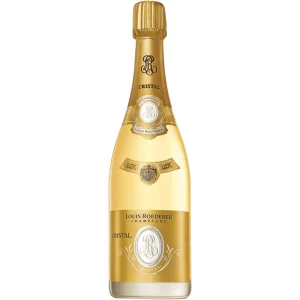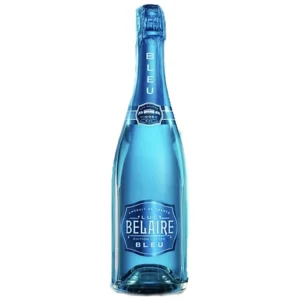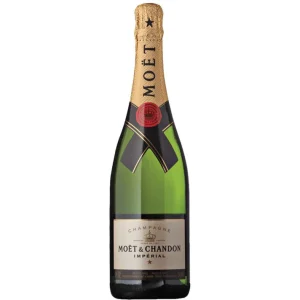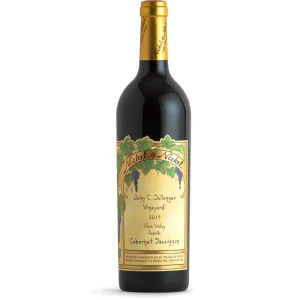Buy Wine Online At Exoticwhiskeyshop
Best wine online store – Wine is an alcoholic beverage made from fermented grapes or other fruits. It has a rich history dating back thousands of years and is enjoyed by people around the world for its diverse flavors, aromas, and cultural significance. Here are some key points about wine:
1. Types of Wine: There are several types of wine, classified based on factors such as the type of grape used, the region where the grapes are grown, and the production methods. The two main categories are red wine and white wine, but there are also rosé wines, sparkling wines (like Champagne), and dessert wines.
2. Grape Varieties: Different grape varieties produce wines with distinct flavors and characteristics. Some well-known grape varieties include Cabernet Sauvignon, Merlot, Pinot Noir, Chardonnay, Sauvignon Blanc, and Riesling. Each variety has its own unique profile.
3. Wine Regions: Wine is produced in various regions around the world, each with its own climate, soil, and winemaking traditions. Some of the most famous wine-producing regions include Bordeaux in France, Napa Valley in California, Tuscany in Italy, and Mendoza in Argentina.
4. Terroir: Terroir refers to the combination of factors such as climate, soil, topography, and local traditions that influence the characteristics of a wine. It’s often used to explain why wines from different regions have distinct qualities.
5. Fermentation and Aging: The winemaking process involves crushing and fermenting the grapes to convert the sugars into alcohol. Red wines are typically fermented with the grape skins, giving them color and tannins. White wines are usually made by fermenting only the juice. After fermentation, wines are often aged in barrels to develop complexity and flavor.
6. Tasting Notes: When tasting wine, people often describe the appearance, aroma, taste, and finish. A wine’s aroma might include notes like fruits, flowers, spices, and more. The taste can range from sweet to dry and from light to full-bodied.
7. Food Pairing: Wine is often paired with food to enhance the dining experience. Certain wines complement specific dishes, bringing out the best flavors in both the wine and the food. For example, red wines like Cabernet Sauvignon can pair well with red meats, while white wines like Sauvignon Blanc can complement seafood and poultry.
8. Wine Culture: Wine has a deep cultural significance in many societies. It’s often associated with celebrations, social gatherings, and fine dining. Wine tasting events and vineyard tours are popular activities for enthusiasts.
9. Wine Varieties: Apart from the traditional grape-based wines, there are fruit wines made from fruits other than grapes (such as apples, cherries, and berries), as well as mead, which is made from honey.
Is Wine Good For Health?
The health effects of wine have been the subject of much research and debate over the years. Some studies have suggested that moderate wine consumption, particularly red wine, might have certain potential health benefits due to the presence of compounds like antioxidants and resveratrol. However, it’s important to note that these potential benefits should be considered in the context of overall health and individual circumstances. Here are some points to consider best wine online store Online USA:
1. Cardiovascular Health: Some research has suggested that moderate consumption of red wine, in particular, may be associated with a reduced risk of heart disease. The antioxidants in red wine, including resveratrol, may contribute to improved cardiovascular health by helping to protect the lining of blood vessels and reducing inflammation. However, it’s important to emphasize that these potential benefits are not a reason to start drinking wine if you don’t already, and excessive consumption can have negative health effects.
2. Antioxidants: Red wine contains antioxidants, which are compounds that can help protect cells from damage caused by free radicals. Antioxidants are believed to have various health benefits, including potentially reducing the risk of certain chronic diseases.
3. Resveratrol: Resveratrol is a natural compound found in the skin of grapes, and it has received attention for its potential health-promoting properties. Some animal studies suggest that resveratrol might have anti-inflammatory and anti-aging effects, but more research is needed to determine its full impact on human health.
4. Moderation is Key: It’s crucial to emphasize that any potential health benefits associated with wine are linked to moderate consumption. Excessive alcohol consumption is associated with a range of health risks, including liver disease, addiction, increased risk of accidents, and certain cancers.
5. Individual Differences: Factors such as age, genetics, overall health, and individual tolerance to alcohol play a role in how alcohol affects individuals. What might be considered a moderate amount of wine for one person could be excessive for another.
6. Risks and Considerations: Even moderate alcohol consumption can have risks, especially for certain populations, including pregnant women, people with a history of alcohol abuse, and individuals with certain medical conditions or medications that interact negatively with alcohol.
7. Consult a Healthcare Professional: If you’re considering incorporating wine into your lifestyle for potential health benefits, it’s a good idea to consult with a healthcare professional. They can provide personalized advice based on your health status and individual needs.
In summary, while some studies have suggested potential health benefits associated with moderate wine consumption, it’s important to approach alcohol consumption with caution and moderation. If you’re looking to improve your health, there are many other lifestyle factors, such as a balanced diet, regular exercise, and adequate sleep, that have well-established positive effects on overall well-being.
What Are The Medicinal Uses Of Wine?
Wine has been historically used for various medicinal purposes, and certain compounds found in wine, such as antioxidants and resveratrol, have led to its consideration in traditional and alternative medicine. However, it’s important to note that while there may be some potential benefits associated with certain compounds in wine, these should not be seen as replacements for established medical treatments. Here are some historical and potential medicinal uses of wine: Best wine online store USA & Canada fast home delivery.
1. Digestive Aid: In some cultures, wine has been used as a digestive aid when consumed in moderation with meals. The alcohol and compounds in wine were thought to help stimulate digestion.
2. Antioxidant Properties: Wine, particularly red wine, contains antioxidants that can help neutralize harmful free radicals in the body. These antioxidants may contribute to overall cellular health and potentially reduce the risk of certain chronic diseases.
3. Cardiovascular Health: Some research suggests that moderate wine consumption, especially red wine, might have positive effects on cardiovascular health. Resveratrol, a compound found in red wine, has been studied for its potential to improve heart health by reducing inflammation and protecting blood vessel linings.
4. Cognitive Health: Some studies have explored the potential cognitive benefits of resveratrol in wine. It has been theorized that resveratrol might have a protective effect on brain cells and could potentially play a role in reducing the risk of neurodegenerative diseases.
5. Anti-Inflammatory Effects: Resveratrol, as well as other compounds found in wine, have been studied for their potential anti-inflammatory effects, which could have implications for conditions related to inflammation, such as arthritis.
6. Skin Health: Some skin care products contain resveratrol due to its potential to protect skin cells from damage caused by environmental factors and aging. However, the direct application of resveratrol to the skin might be more effective than relying on the consumption of wine.
It’s important to approach these potential medicinal uses with caution and skepticism. While there is some promising research, many of these effects are still being studied, and findings may not apply to everyone. Additionally, the risks associated with alcohol consumption, even in moderation, should be carefully considered.
If you’re interested in the potential health benefits of compounds found in best wine online store, such as resveratrol, it’s a good idea to consult with a healthcare professional. They can provide guidance based on your individual health status and needs. Keep in mind that many of these potential benefits can also be obtained from other sources, such as a balanced diet rich in fruits, vegetables, and whole grains.
